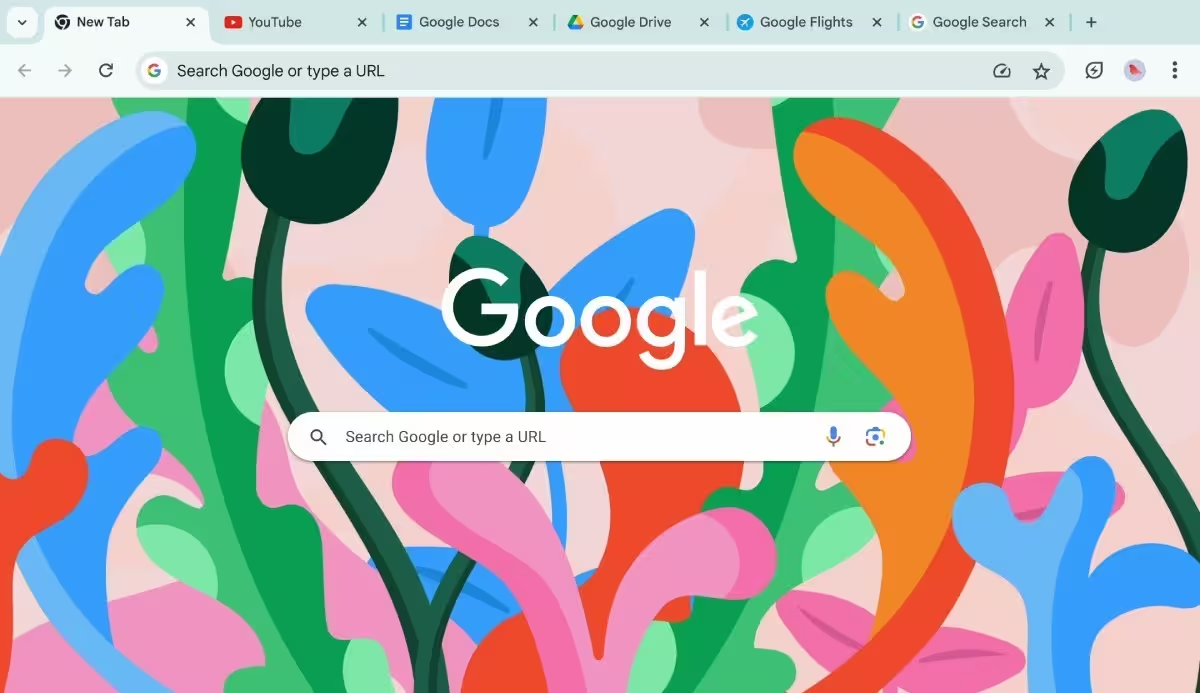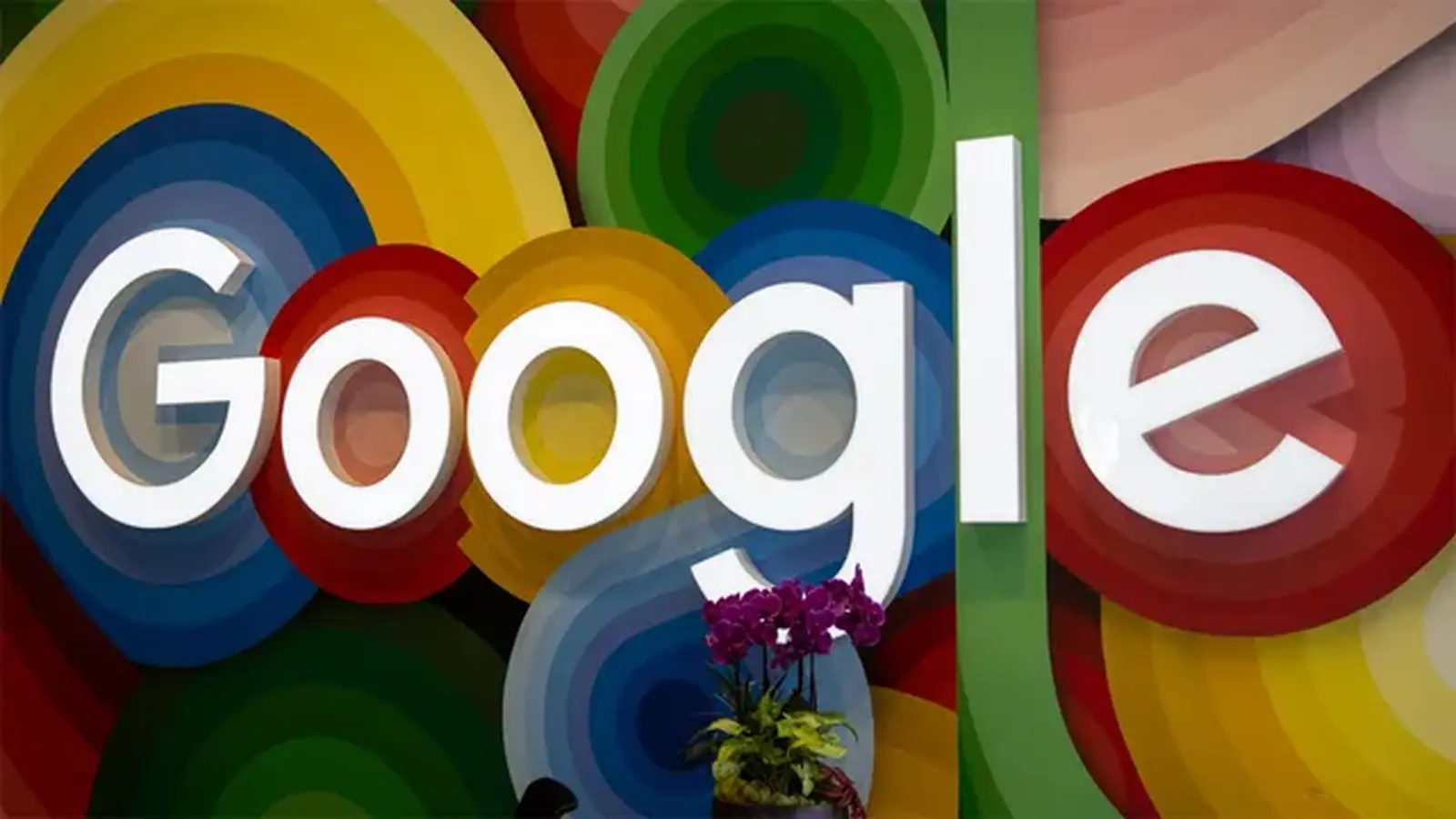6 Minutes
A Major Antitrust Ruling, But No Chrome Sale
In a decisive moment for the tech industry, a US federal judge ruled against forcing Google to sell its Chrome browser as part of the Department of Justice's antitrust case. While the court found Google engaged in conduct that harmed competition in the search market, the remedy stops short of the drastic divestiture the DOJ proposed. Instead, the ruling imposes targeted changes—most notably around search data access, default search arrangements and Android app bundling—that reshape market dynamics without breaking up one of Silicon Valley's most influential products.
Why This Matter: The Context of the Case
The DOJ accused Google of maintaining an illegal monopoly over general online search, arguing that Google's dominant position stifled competition for search traffic and related advertising revenue. The department sought remedies including separating Chrome from Google’s broader search business. Industry players and investors took notice: reports surfaced that firms such as Perplexity AI had prepared multi-billion-dollar offers—Perplexity reportedly considered a $34.5 billion bid—to acquire Chrome if a divestiture were ordered.
Key Elements of the Ruling
Instead of ordering Chrome’s divestiture, the judge imposed a mix of concessions and new rules designed to increase competition in search and limit tying practices. The most important changes are:
- Search data sharing. Google must provide certain search data and interoperability access to rivals, potentially benefiting Microsoft’s Bing, DuckDuckGo and AI companies that rely on broad web indexing.
- Default search payments. Google can continue paying companies to set it as the default search engine—a core monetization practice deemed illegal by the DOJ—but companies like Apple will face stronger obligations to promote alternatives.
- Browser privacy defaults. Browsers can set different defaults for standard and privacy/incognito modes, aligning with long-standing requests from Apple and privacy-focused vendors.
- Android bundling flexibility. Phone makers will no longer be forced to preinstall Google’s full suite of apps to access Google Play services—they can ship only the Play Store, reducing bloat for OEMs with their own app ecosystems.

Product Features and Platform Comparisons
Chrome vs. Other Browsers
Chrome remains feature-rich: cross-device sync, extensive extensions ecosystem, and deep integration with Google services. Compared to rivals such as Firefox or Safari, Chrome traditionally leveraged default-placement deals to capture user traffic and search queries. The new ruling preserves most of Chrome’s features and distribution advantages but increases competitors’ ability to compete for search queries through better data access and improved default-promotions by device vendors.
Search Engines and AI Indexers
Search rivals—from Bing to DuckDuckGo—and AI companies that train large language models stand to gain from mandated data-sharing and interoperability requirements. This levels the playing field for search quality improvements and innovation in search-driven AI features, though Google still retains its core indexing and ranking technologies.
Advantages and Practical Use Cases
The ruling creates several pragmatic benefits across the ecosystem:
- For consumers: More visible alternatives in device settings and privacy modes may make it easier to choose non-Google search engines and privacy-first defaults.
- For OEMs: Android device manufacturers can reduce preinstalled app redundancy by shipping only the Play Store, which benefits companies that prefer their own email, browser or mapping apps.
- For competitors and AI companies: Access to search telemetry and interoperability can accelerate improvements to query relevance, ad models and AI training datasets.
- For browser vendors like Mozilla: The continued ability to negotiate default search revenue remains critical to business models that rely heavily on search partnerships.
Market Relevance and Strategic Implications
The court’s decision strikes a balance between curbing anti-competitive behavior and preserving commercial stability. By avoiding a full divestiture of Chrome, the ruling prevents sudden disruption in browser development and extension ecosystems. At the same time, the enforced changes—search data access, stronger promotion of alternatives by major platform partners, and reduced bundling for Android makers—introduce new competitive pressures that could reshape how search monetization, browser defaults and app bundling are negotiated.
Comparisons: Google’s Position After the Ruling
Compared with the DOJ’s originally sought remedy, Google emerges in a relatively stronger position. The company retains the ability to pay partners for default search status—a critical revenue stream for Apple and Mozilla—while accepting constraints intended to open competition. For Apple, this preserves roughly $20 billion annually in default-search payments, but the company will now be required to make alternative engines more discoverable to iPhone users. For Firefox and Mozilla, the decision protects a major share of their revenue while introducing less disruption than a forced sale.
Potential Downsides and Next Steps for the Industry
While the ruling increases competition, it doesn’t immediately solve structural advantages that come from Google’s scale in indexing and advertising. Critics will watch implementation closely: how Google shares data, the specifics of interoperability, and enforcement mechanisms will determine whether new market entrants truly gain traction. Regulators and industry participants will also monitor whether default search payments continue to entrench incumbents despite the new promotional obligations for partners.
Bottom Line: Incremental Change, Significant Impact
This decision reshapes the search and browser landscape incrementally rather than dismantling existing platforms. For tech professionals, the ruling signals that antitrust enforcement can impose meaningful operational constraints—on search data, device defaults and app bundling—without resorting to structural separation. Developers, OEMs, and rival search and AI companies should prepare for new integration and data-access opportunities, while browser vendors and platform owners must adjust commercial strategies to comply with enhanced competition and discoverability requirements.
Source: gsmarena


Leave a Comment